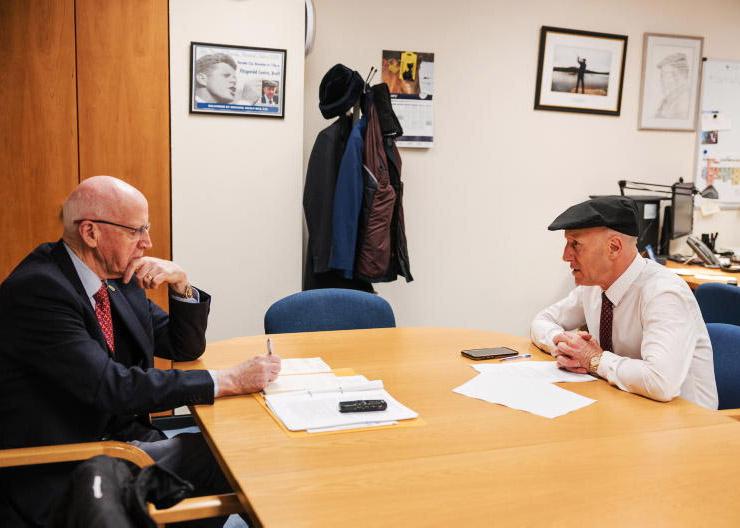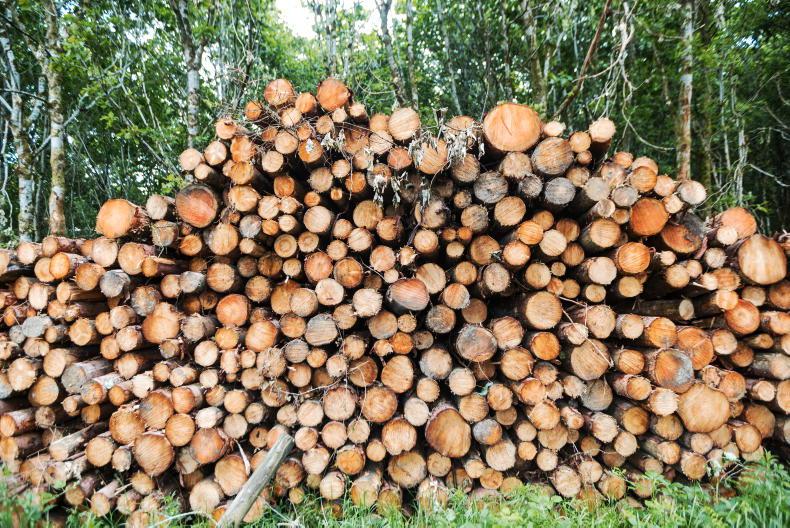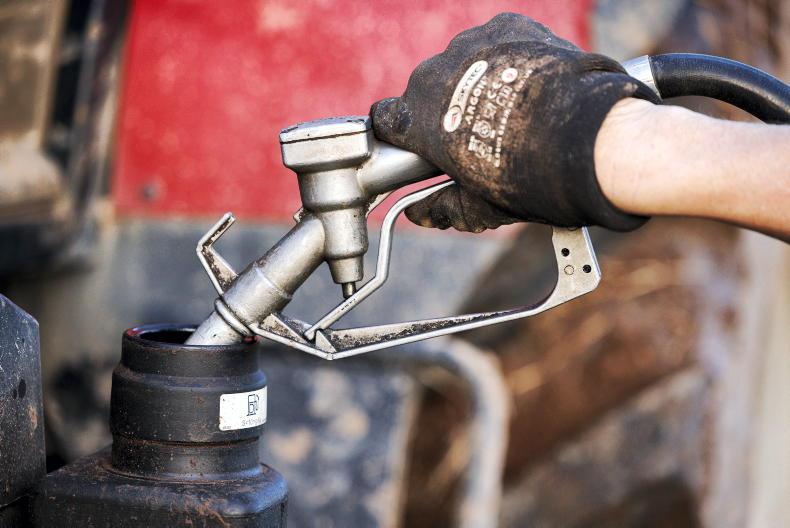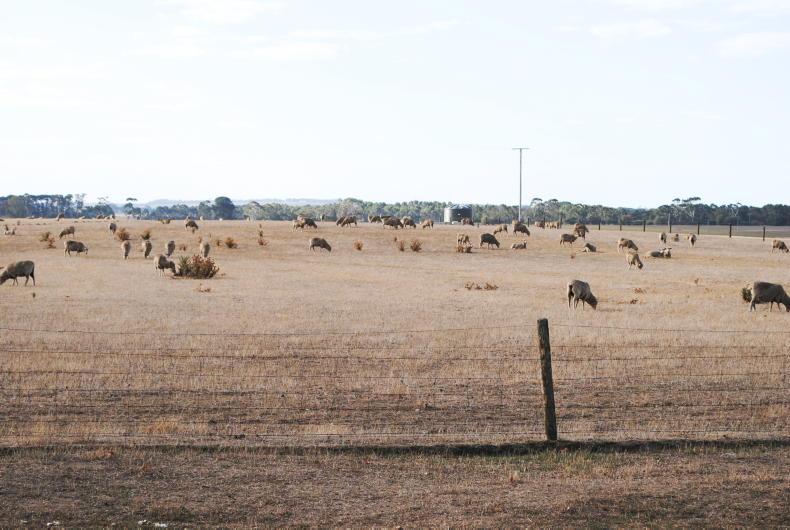The calling of a short notice meeting of G7 agriculture ministers for Friday this week reflects a dawning of the seriousness of the threat from the Ukraine conflict on global food security.
The meeting, which is taking place online, will consider the knock-on effect of Ukraine likely being ruled out of being a meaningful grain exporter in 2022 because of the war disrupting both planting of crops and the infrastructure to get harvests onto world markets later in the year.
Ministers are faced with the reality that – with the world dependent on 29% of global wheat coming from Russia and Ukraine, 26% of barley and 20% of maize – this gap in supply cannot be filled in an instant.
Russia accounts for 25% of the world’s nitrogen and 40% of Europe’s natural gas
There is also a further problem for production elsewhere in the world with the seriously reduced availability and increased cost of fertiliser.
Russia accounts for 25% of the world’s nitrogen and 40% of Europe’s natural gas, a key ingredient in fertiliser manufacture.
Food supply
The refugee and humanitarian crisis may be the most immediate problem in relation to Ukraine, followed by energy costs and availability.
However – while it is not visible at this moment because last year’s harvests are meeting current food demand – the uncertainty around planting and harvest in 2022 suggests a reduction in supply is inevitable later this year and into 2023.
Random conversion to tillage isn’t really an option in many places
This is what is concerning the G7 ministers when they meet online this Friday under the rotating German presidency which puts their minister for agriculture from the Green Party in the chair.
At this point the tools available to the G7 members are limited. Random conversion to tillage isn’t really an option in many places when the infrastructure for planting, growing and harvesting isn’t in place.
However, in the major grain-growing areas in North America, the planting season is just getting underway and no doubt the US and Canada being less dependent on imported fertiliser, have some potential to expand.
In the southern hemisphere, the growing season is at an end and the focus will turn to securing fertiliser for planting in September and October.
Livestock
While G7 ministers will be preoccupied by grain production as the staple human feed, they will also have to consider the consequences for livestock farmers.
Pasture is also reliant on fertiliser to drive yields and given the low margins available in beef production, there is a risks of a shortage of fodder as fertiliser is prohibitively expensive for these farmers.
There will be much to be discussed for the G7 ministers; the issue of food supply may not be as immediate but it has potentially huge consequences months from now and these will be felt most in the parts of the world with lowest disposable incomes.
The ministers need to develop a global plan to ensure maximising production takes priority at this time in order to offset the loss caused by the war in Ukraine.









SHARING OPTIONS